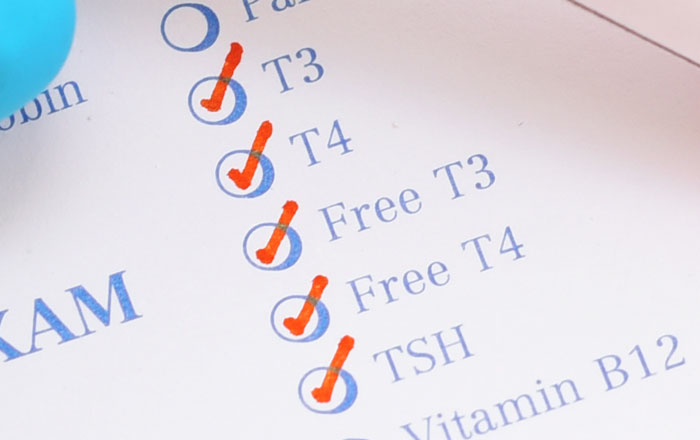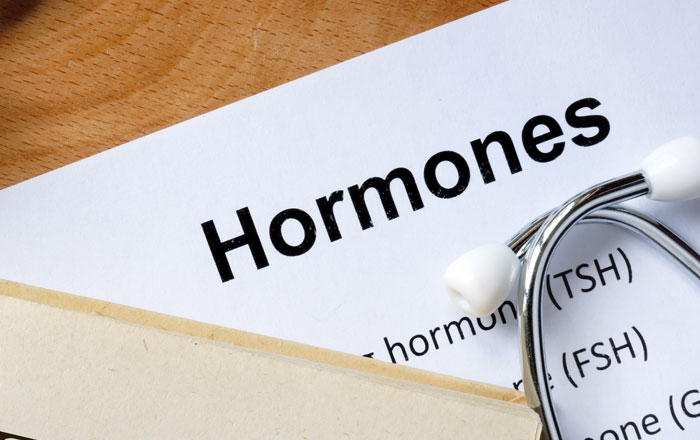Thyroid Treatment San Diego
The first line of therapy for most cases of hypothyroidism is thyroid replacement in the form of thyroxin (the most abundant thyroid hormone) or also called T4 either in synthetic or natural form. Occasionally therapy may include triiodothyronine or T3, the active thyroid hormone, in treatment of low thyroid functioning.

What is the Most Common Replacement Hormone?
Most physicians begin treatment of hypothyroidism with a synthetic derivative of the thyroid hormone thyroxin, or T4, called levothyroxine sodium (Synthroid, Levoxyl, Levothroid, Unithroid, Levo-T, Tirosint). Thyroid hormone is responsible for the metabolic rate of all our tissues, for cardiovascular system regulation, to maintain brain function, to utilize food effectively, and to regulate body temperature among other functions.
Other synthetic and natural forms of thyroid replacement may be prescribed according to the individual’s profile and the physician’s clinical preference. The key to taking replacement hormones, however, is how you take them.
How Should Thyroid Hormones Be Taken?
This seems like a silly question. Shouldn’t one just put your morning meds and multivitamin in your palm in the morning and take them with breakfast? Absolutely not!
There is a right and wrong way to take your thyroid prescription.
First, thyroid hormone should always be taken on an empty stomach to have the full advantage of the stomach acid to break it down and without any interfering proteins or minerals.
Wait approximately 30 minutes before you eat after taking thyroid hormone or 2 hours after you eat.
Take iron, calcium or magnesium 4 hours from the time you take thyroid hormones as they inhibit absorption of the hormone.
Take drug 2-3 hours before soy products due to interference with absorption of the hormone. Infants on soy formula and determined to be hypothyroid should be considered for a formula switch.

Grapefruit or citrus may cause side-effects, generally related to the heart. These juices may cause a higher blood level of the hormone than intended by the treating physician. High T4 or T3 levels can cause rapid and/or irregular heartbeats.
Do not eat walnuts, cottonseed meal or high fiber foods within 2-3 hours of thyroid replacement to avoid interference with absorption of the medication.
Are There Any Drug Interactions To Be Concerned About?
- Initiation or cessation of thyroid hormone may affect needed levels of insulin or blood sugar medication in those with diabetes.
- Thyroid hormone may increase the effect of blood thinners such as Coumadin.
- Dosages of beta blockers used in high blood pressure management may need to be changed as one moves from thyroid dysfunction to normal thyroid functioning. The same is true for the asthmatic drug theophylline.
Taking your medication responsibly will allow you to normalize thyroid function on the least possible dose and maintain consistent biological values of thyroid hormone.